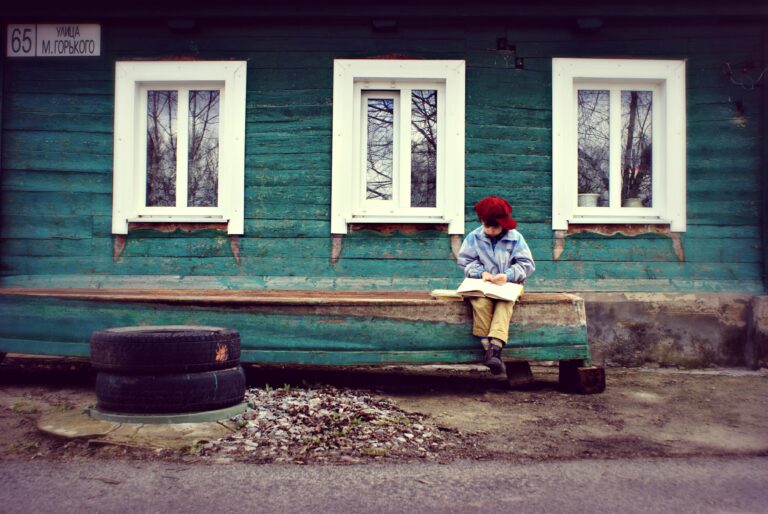You could almost hear the algorithm screaming: “What’s wrong with you, dude, this chick is HOT”
IF YOU have children in school, you should be worried. If they are teenagers, you should be even more worried.
Unless, of course, yours are exceptional children.
By which I mean, children who can read.
And, no, I don’t mean children who are cerebrally capable of “reading for meaning”, although thanks to PIRLS most people are now aware that more than half of South Africa’s school children battle with this most fundamental of modern life skills.
I mean children who can battle their way through whole paragraphs of words, not just scan the sub-titles on the latest TikTok video.

Doom-scrolling is not reading.
Reading enables a child to gain wisdom, discover new experiences and exercise their imagination in a healthy way. All of which are essential life skills. By contrast, consuming a torrent of algorithm-fuelled content on social media is the difference between eating a healthy diet on the one hand and living on chips, sweets and cooldrinks on the other.
Habitual use of social media is so far removed from the benefits of real reading that only an idiot – or someone with an agenda – would fail to see the danger.
Interestingly, during the debate about banning phones from classrooms, well-known “Big Tech” writer Taylor Lorentz showed up as one of those people.
“For many underprivileged kids their phones are their only word processor,” he wailed. As one correspondent commented, “God forbid children be forced to look at words on a paper page”.

Mark Zuckerberg once said that he didn’t want his children to be spending hours staring at a screen: note, his children. Yours, not so much.
So, what is the solution?
As someone who never had to navigate the angst-filled teenage years with the added problem of 24-hour-a-day social media, I must say I think parents are failing their children if they don’t at least limit the poison, both in terms of delaying access to a smart phone until the child is emotionally mature enough to cope with the inevitable onslaught of electronic sewage, and then setting some limits to the child’s access to it.
“It was an eye opener”.
And if there are any people left who are unaware of the stuff that comes down that shiny new phone, let me point you towards to results of a test recently undertaken by a research company in the UK.
This firm opened up several online accounts for fictitious teenage boys: because they were fictitious, there was no back story for the algorithm to digest, no suggestion that these accounts belonged to youngsters who were in any way interested in the darker side of life. And yet it took only a few hours for the first suggestive pictures to appear, and when there was no response these became progressively more pornographic. One researcher commented, “You could almost hear the algorithm screaming, ‘What’s wrong with you dude, this chick is HOT?’ It was an eye-opener”.
While the rest of the western world is still running around like the proverbial headless chickens, Australia appears to have taken a lead role by moving towards a national ban on smart phones in schools.
Interestingly, a friend of mine recently returned from a visit to her teenage grandchildren in Australia. The parents had established a regimen that rewarded good behaviour with access to their phones. So, for example, if the kids took on some chore, or did well at school they were “rewarded” by being allowed 30 minutes screen-time.
“I couldn’t believe what happened,” my friend said, “they went off happy, contented children and when they came back half-an-hour later they were completely different people.
“Surly, disengaged, rebellious: if half-an-hour can have that strong an effect, I cannot imagine what damage is being done to kids who have unfettered access to this stuff.”
No wonder so many teenagers are self-harming.
